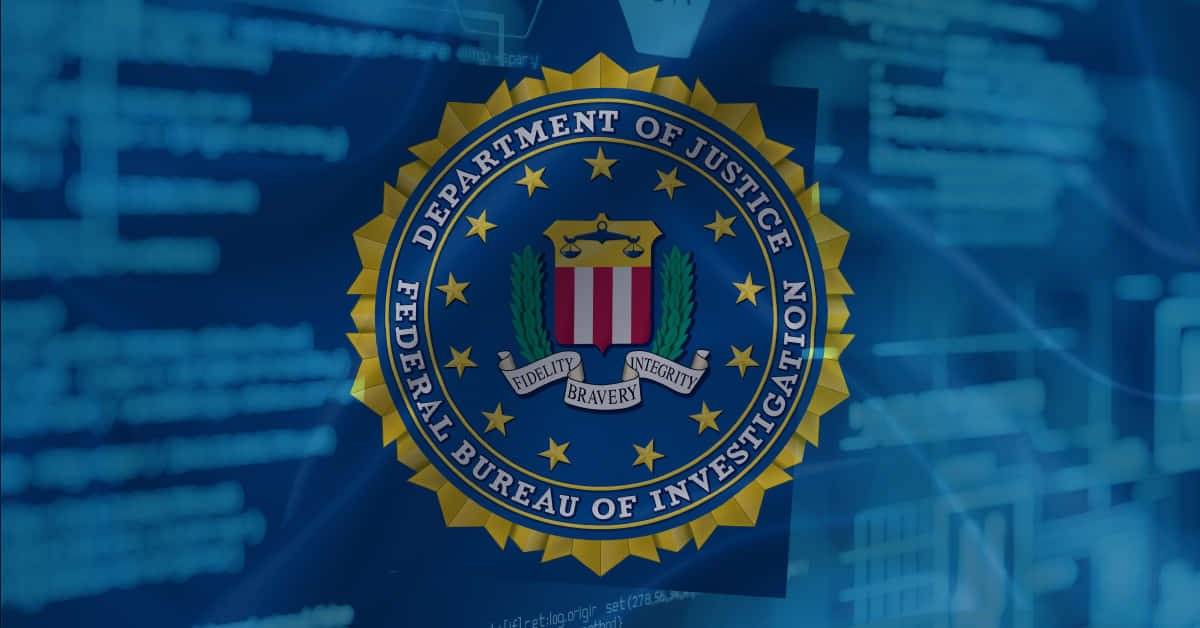The VOSS team creates and puts into action plans to notify victims of crimes under investigation by the FBI of important updates and resources.
The FBI looks into thousands of crimes with hundreds of thousands of victims annually.
Our Victim Services Division (VSD) helps victims understand the criminal justice system and its consequences, while also providing information and support. Coordinated outreach to victims to assist their needs is one aspect of that aim; this is a specialization under the FBI Victim Outreach Assist and Strategy (VOSS) Program.
The VOSS team creates and puts into action plans to notify victims of crimes under investigation of important developments and resources, as well as provide avenues for victims to share their stories with law enforcement.
“Our bread and butter is connecting people
connecting victims to specialist teams and resources and then connecting investigative teams to victims and giving them a platform to speak,” Benjamin Shannon, the manager of the VOSS Program.
The VOSS team was founded in 2017 and is focused on outreach for instances involving 150 victims or more. They have worked on cases involving the wildfires on Maui, the Boston Marathon, and the mass shooting in Lewiston, Maine.
These questionnaires can help focus a broad victim pool on those who are most affected by the crime, serve as a channel of contact for victim experts, and provide an immediate means for the FBI to alert victims to crimes that are still being committed.
However, they are not intended to replace interviews. Additionally, the VOSS team develops companion websites on fbi.gov that provide tools, case updates, and other victim-specific assistance information.
When necessary, any of these resources are translated into another language.
The FBI investigating team may or may not be aware of the precise demographic impacted by a case by the time the majority of cases are brought to the attention of the VOSS desk.
The VOSS team must perform some independent investigative work in cases where the victim population is unknown, or “zero victim population cases.” In these cases, they must issue calls for victims to come forward in order to provide any services or support.
On one occasion, a schoolteacher in a particular village had mistreated kids for twenty years. Those kids might have relocated to a different nation, state, or city over time. Their names might have changed as they grew older. Figuring out how to get in touch with them now is one of the VOSS team’s work.
The National Center for Missing and Exploited Children (NCMEC) and AARP are two examples of private organizations that the VOSS team will work with to publicize the questionnaires and resource pages as they identify the communications channels that will most likely reach specific demographics, both nationally and internationally.
Strategies include utilizing regional and national news sources as well as posting content on social media sites that prospective victims could find interesting.
For example, in a situation involving reaching out to an Amish community that did not use technology, VOSS collaborated with a Pennsylvanian local newspaper to translate victim information requests into Pennsylvania Dutch, making the information available to the community.
“Our biggest asset that we have is our liaison partners,” Shannon stated.
The VOSS team will gather information from respondents who complete a Seeking Victim information questionnaire, and forward it to the victim specialists and investigation case team.
“We have victims carrying heavy trauma who need direct services immediately, so our victim specialists will step in as soon as possible,” Shannon stated.
“Even if victims may not need a service right away, the victim specialists are very good about making sure they know they have access to getting more help when they’re ready.”
There is never a deadline to share your experience—even if the crime occurred years ago—when completing a Seeking Victim Information Questionnaire.
You have the option to report your experience and then stop receiving updates about the issue, or you may choose to stay updated.
Any information you give could be extremely helpful in protecting and assisting other victims as well as further preventing harm to others.
Victim Services
The FBI is dedicated to making sure victims have the support they require to deal with crime and the rights to which they are entitled. Giving victims support and treating them with dignity helps the victims and makes our cases stronger.
What to Do if You’re a Victim of Crime:
- Submit an anonymous tip online
- Report cyber scams and incidents
- Contact your local FBI field office
- Contact your nearest international office
- Check the Seeking Victim Information pages to see if you’ve been affected by any of the cases
Read More:
Google Attacks on Microsoft’s Cyber-security To Steal Users
What to Expect from Nvidia Earnings in the Coming Weeks

Mike Neon is a seasoned journalist specializing in United States news, known for his comprehensive coverage of national affairs and current events. With a career spanning 5 years in journalism, Mike has established himself as a reliable source of accurate and insightful reporting. His articles delve deep into political developments, social issues, and cultural trends shaping the United States today. Mike Neon’s dedication to providing balanced perspectives and in-depth analysis ensures that readers stay informed about the latest developments that impact the nation.







